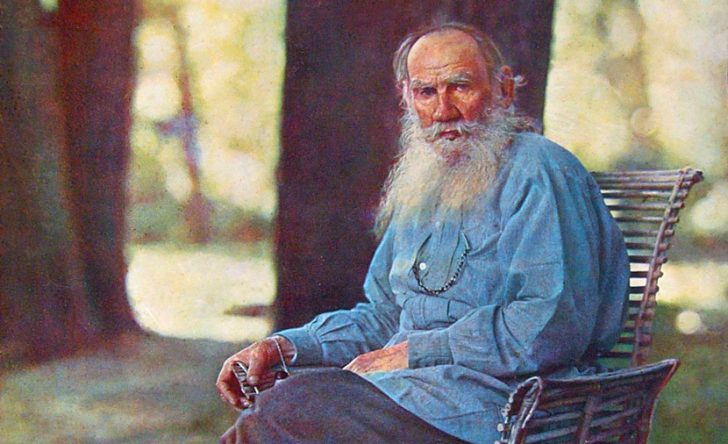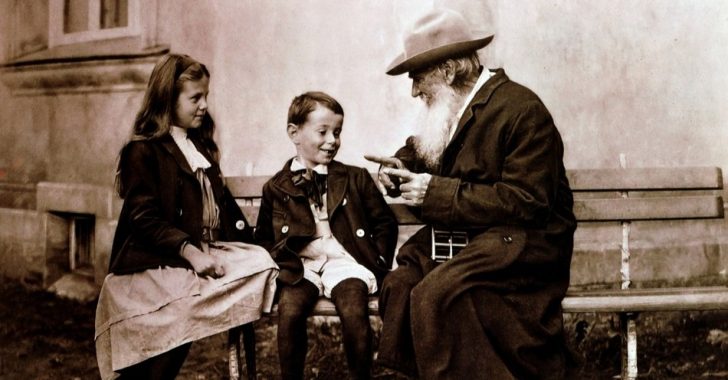Leo Tolstoy (1828 – 1910) was one of Russia’s most influential thinkers. Most people know him for epic novels like “War and Peace” and “Anna Karenina.” But few realize he nearly gave up on life in his 50s. Despite fame, money, and a loving family, the giant Russian philosopher and greatest novelist of all time hit a wall.
The question “Why live at all?” haunted him. What came next wasn’t another novel. It was a personal revolution. Let’s break down what he learned.
Leo Tolstoy Faced Crushing Existential Despair
In his 50s, Leo Tolstoy hit a mental and emotional crisis. He had everything a person could want, yet none of it made sense anymore. The fact that he would die someday made all his success feel worthless. He called it an “arrest of life.” It wasn’t depression in the modern sense. It was worse. He couldn’t see a reason to keep going.

That sentence cuts deep. He wasn’t whining. The ageless writer was staring down the big, brutal question: What’s the point?
Rational Thinking Couldn’t Save Him
Tolstoy, being a brilliant man, first turned to science and philosophy for answers. He wanted logic to explain life’s meaning. But science could only describe things, not explain why they mattered. Philosophy could ask the right questions, but offered no real solutions.
He realized that reason alone couldn’t give life purpose. The smartest ideas in the world still left him feeling empty. He concluded that rational thinking couldn’t handle questions about the infinite. If life were only what we could prove, then it meant nothing.
Tolstoy Discovered Meaning Through Faith
At his lowest, Leo Tolstoy began watching the ordinary people around him. Russian peasants, poor and uneducated, lived with a quiet confidence. They worked hard, loved their families, and prayed with deep trust. That hit him. They had what he didn’t: faith.
Faith wasn’t about answers. It was about living with purpose despite not knowing everything. Tolstoy came to believe that only faith could fill the void that logic left behind.
“Faith alone gives mankind a reply to the questions of life, and consequently it makes life possible.” Leo Tolstoy
He Found Purpose in Love and Service
Tolstoy didn’t stop at belief. He wanted to live his new understanding. He believed the meaning of life wasn’t some grand theory. It was found in love, humility, and helping others. He took Christ’s teaching seriously: treat others as you want to be treated.

Tolstoy let go of materialism and pride. He focused on being useful. That didn’t mean becoming a monk. It meant living with integrity. Serving others became his anchor. He believed love and service weren’t just nice ideas. They were life-saving truths.
Tolstoy Left a Legacy of Moral Courage
His transformation changed his writing, his lifestyle, and even global movements. After his crisis, Tolstoy wrote “The Kingdom of God Is Within You,” a book that later inspired Gandhi’s nonviolent resistance. His words reached across continents.
His characters, like Levin in “Anna Karenina,” mirrored his own journey. They didn’t find peace in wealth or reason, but in daily life, faith, and connection.




